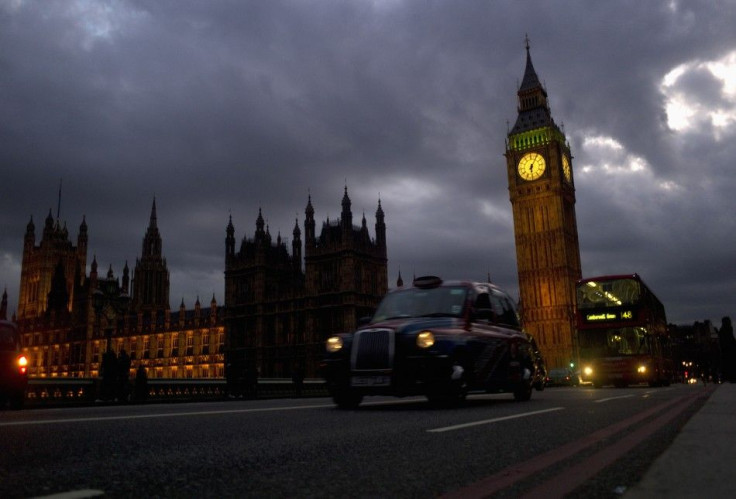UK Parliamentary Committee Recommends Reforming House of Lords Into Largely Elected Body

A UK parliamentary committee has recommended that the House of Lords, the upper chamber of the British parliament, should radically change how its members are chosen, suggesting that four-fifths of Lords should be elected.
The number of peers in the chamber should also be cut from the present figure of about 800 to 450, who would then serve 15-year terms, the committee said.
The 15-year terms would not be renewable, while peers would also get an annual salary of approximately £50,000 ($80,465), instead of the current “attendance allowance.”
The committee’s report stated that a restructured House of Lords should have an electoral mandate provided that it has commensurate powers.”
The committee also recommended placing such a measure on a referendum.
However, the committee did not uniformly agree to these changes. Nine of the 26 committee members opposed having elected peers, while eight objected to having a referendum.
Under the existing system, most members of the upper chambers are “life peers” and are usually nominated by the Prime Minister or by party leaders. There also about 90 “hereditary peers” and 26 chosen by the Church if England.
The committee envisions eventually removing or replacing the “hereditary peers” entirely.
It is now for the government to consider our proposals before coming forward with a final bill which it can present to Parliament for further scrutiny, said Chair of the Joint Committee on Lords Reform Lord Richard.
BBC reported that the Liberal Democrats (who are partners with the Conservatives in Westminster’s coalition government) are believed to be behind the push for the changes. Prime Minister David Cameron himself has said that moving towards having a principally elected House of Lords could not be ruled out, although he indicated that the government has more important things on its mind than a referendum on it.
Personally I don't see it as a very compelling case -- it would cost a lot of money,” Cameron told BBC radio.
But we live in a democracy. Parliament is going to debate and discuss this. The committee is about to come and say that a referendum would be a good idea so we don't rule it out. But we are only going to get Lords reform through if we all behave like reasonable, rational, sensible people.
Last year, the coalition government proposed having a 300-member House of Lords, with 240 (80 percent) being elected and the remaining 60 receiving appointments – all serving 15-year terms. However, the committee determined that a 300-seat chamber was too small and proposed 450 as an ideal number.
However, changing the way the House of Lords operates will likely elicit only a yawn from British voters who have far more pressing matters on their minds, like jobs, the economy and immigration.
“Reforming the House of Lords is a priority for few voters,” wrote James Landale, BBC’s deputy political editor.
“And to many it is an arcane debate that rumbles on unresolved decade after decade.”
Landale added, however, that while the subject may seem trivial, the stakes could not be higher.
“Reform of the Lords raises a fundamental question of where power lies in parliament,” he wrote.
“Can the House of Commons remain the supreme authority in parliament with an elected and thus more legitimate House of Lords down the corridor?”
Typically, measures taken by the House of Lords can be overridden by the House of Commons.
Now, there are concerns that an elected body of Lords may cut in on the legitimacy of the Commons (members of which have to be elected).
The moment you introduce an elected second chamber, new politicians in that chamber will have a mandate from the people. That will dilute the primacy of the Commons and could cause gridlock, Conservative MP Nadhim Zahawi told the BBC.
On the other side of the aisle, the Labour Party, according to shadow justice secretary Sadiq Khan, would like the House of Lords to be 100 percent elected.
It's unacceptable that Ed Miliband, David Cameron and Nick Clegg decide who the legislators are, we believe the public should have a say, he told BBC.
We don't want gridlock, we don't want the House of Lords flexing their muscles more than they currently do.
© Copyright IBTimes 2024. All rights reserved.











